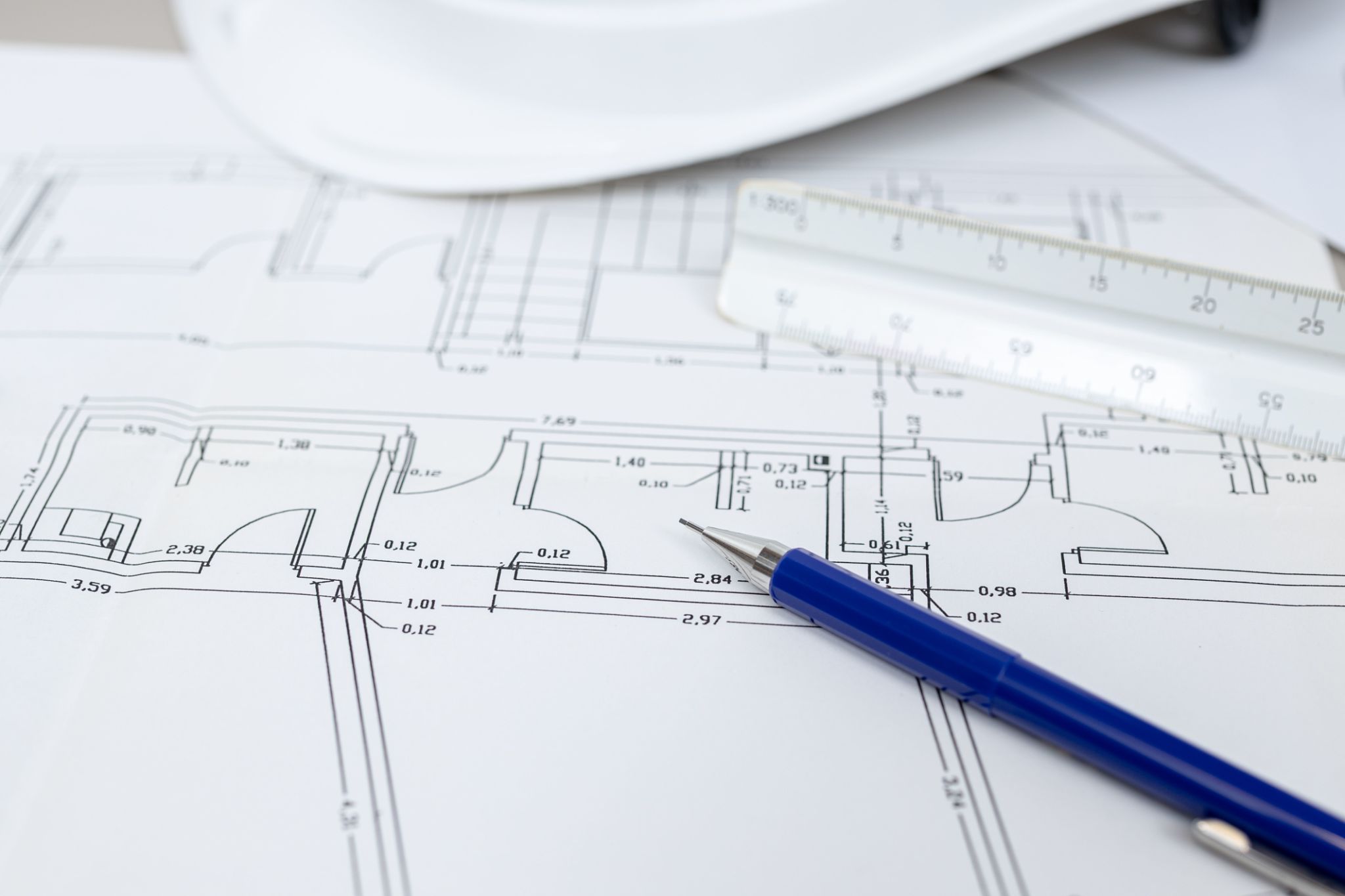Understanding Local Building Regulations in Middlesex County
Understanding local building regulations is crucial for anyone planning to construct or renovate a property in Middlesex County. These regulations ensure that buildings are safe, sustainable, and in harmony with the community’s character. Navigating these rules can be complex, but with the right information, you can approach your project with confidence.
What Are Building Regulations?
Building regulations are a set of standards that govern the design, construction, and alteration of buildings. They ensure safety, energy efficiency, and accessibility, and are enforced by local authorities. In Middlesex County, these regulations are aligned with state and national codes but may have specific local amendments.
Understanding these differences is essential. While some regulations are consistent across the state, local nuances can affect your project's approval. It's recommended to consult with local officials or a professional familiar with Middlesex County’s specific requirements.

Types of Permits Required
Before starting any construction or renovation, you’ll need to obtain the appropriate permits. Common permits include:
- Building Permits: Required for new constructions, extensions, or significant alterations.
- Electrical Permits: Needed for any electrical work, including new installations or upgrades.
- Plumbing Permits: Necessary for any changes or additions to plumbing systems.
Failing to secure the necessary permits can lead to fines, delays, and even legal action. Always verify the specific permits required for your project with the local building department.
The Application Process
Applying for a building permit in Middlesex County involves several steps. Initially, you’ll need to submit detailed plans, which may include architectural drawings, site plans, and specifications. These documents should clearly outline the scope and nature of the work to be performed.

Once submitted, your application will be reviewed by the local building department. They will check for compliance with local regulations and may request modifications to your plans. It’s important to budget time for this review process, as it can take several weeks.
Inspections and Compliance
After receiving your permit, inspections will be required at various stages of construction. These inspections are conducted to ensure compliance with building codes and to verify that the work aligns with the approved plans. Common inspection points include foundation, framing, and final completion.
Maintaining open communication with inspectors and promptly addressing any issues they identify will help keep your project on track and avoid costly reworks.

Benefits of Compliance
Adhering to building regulations might seem cumbersome, but it offers significant benefits. First and foremost, compliance ensures the safety and structural integrity of your building. Additionally, buildings constructed to code are typically more energy-efficient and environmentally friendly.
Furthermore, following these regulations enhances the value of your property and facilitates smoother transactions, whether you choose to sell or lease the property in the future.
Consulting Professionals
Given the complexities of building regulations, it’s often beneficial to consult with architects, builders, or legal professionals who specialize in local codes. These experts can provide invaluable guidance and help navigate the permitting process efficiently.
By leveraging their expertise, you can avoid common pitfalls and ensure your project complies with all necessary regulations, saving both time and money in the long run.

